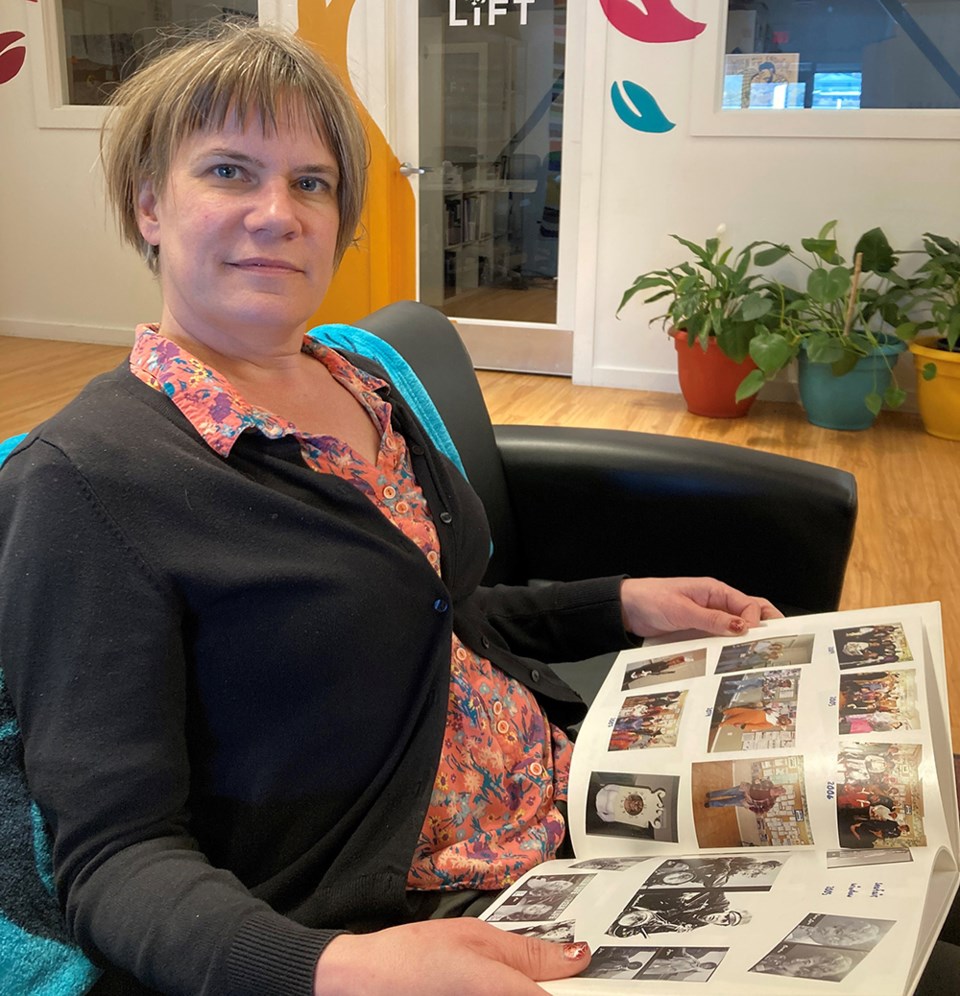Long-time federal funding for Lift Community Service’s (Lift’s) immigrant services program has been abruptly discontinued, the qathet-based nonprofit organization has announced.
Immigration, Refugees and Citizenship Canada (IRCC) has denied funding renewal applications to Lift and dozens of other immigrant services programs throughout the province, with the stated purpose of reducing the country’s immigrant population over the next three years, according to a media release from Lift. The funding cut is approximately $220,000.
“This funding decision is going to have a devastating effect on the whole community,” stated Lift’s community resources manager Jessica Colasanto. “Our services are a lifeline to local immigrants and helps them contribute to and thrive in qathet.”
Colasanto stated that IRCC funding, which funds programs supporting permanent residents, makes up 85 per cent of Lift’s immigrant services funding.
“Our provincial funding, which makes up the remaining 15 per cent, is intended to cover anything that IRCC funding does not cover,” stated Colasanto.
Without federal funding, Lift will have to dramatically scale back the services it has been providing for the past 14 years, according to the release.
Colasanto stated that Lift is working on a plan to be able to maintain support for the hundreds of immigrants it supports each year, but expects the organization will be forced to displace staff and transition whatever services it is able to maintain into alternate program sites. Lift is working with community partners to explore opportunities for adapting service delivery to mitigate the impacts of these funding cuts on clients, volunteers and staff. Colasanto’s understanding is that IRCC funding has been prioritized for urban centres, and Lift has been instructed to refer individuals to Courtenay/Comox for support.
“This decision is worrisome on a few levels,” stated Lift’s executive director Kim Markel. “It really speaks to the lack of awareness and responsiveness to the unique needs of remote and rural communities.”
Markel noted that beyond English tutoring and documentation support, Lift’s program fosters a sense of community, connection and social resources that soften the cultural shock and isolation that can be especially challenging for immigrants in smaller communities.
“More than that, our entire team is distressed by the anti-immigration message this funding decision sends,” stated Markel, who estimates that Lift's immigrant services program supports just a fraction of immigrants in qathet.
“I don’t think the general public is aware of how much our local medical, health, child care and hospitality sectors rely on immigrants,” stated Markel.
Lift is already hearing from local immigrants who are deciding between trying to stay in Canada or leaving, the release stated.
“These changes in funding and immigration targets will make it harder and harder for immigrants to settle in Canada,” stated Markel, “and I can’t help but note the irony that most of us are immigrants to this land ourselves.”
Join the Peak's email list for the top headlines right in your inbox Monday to Friday.



